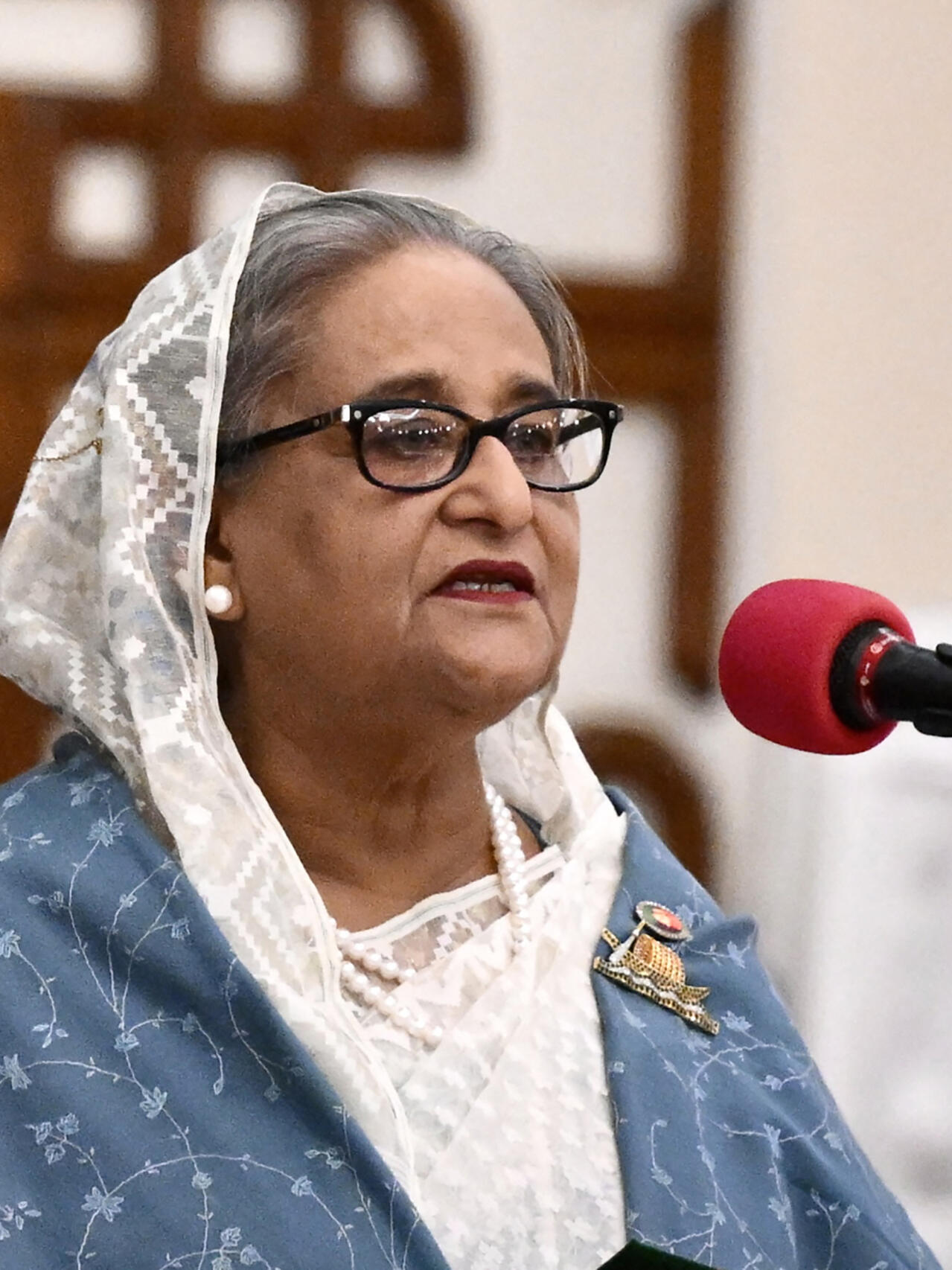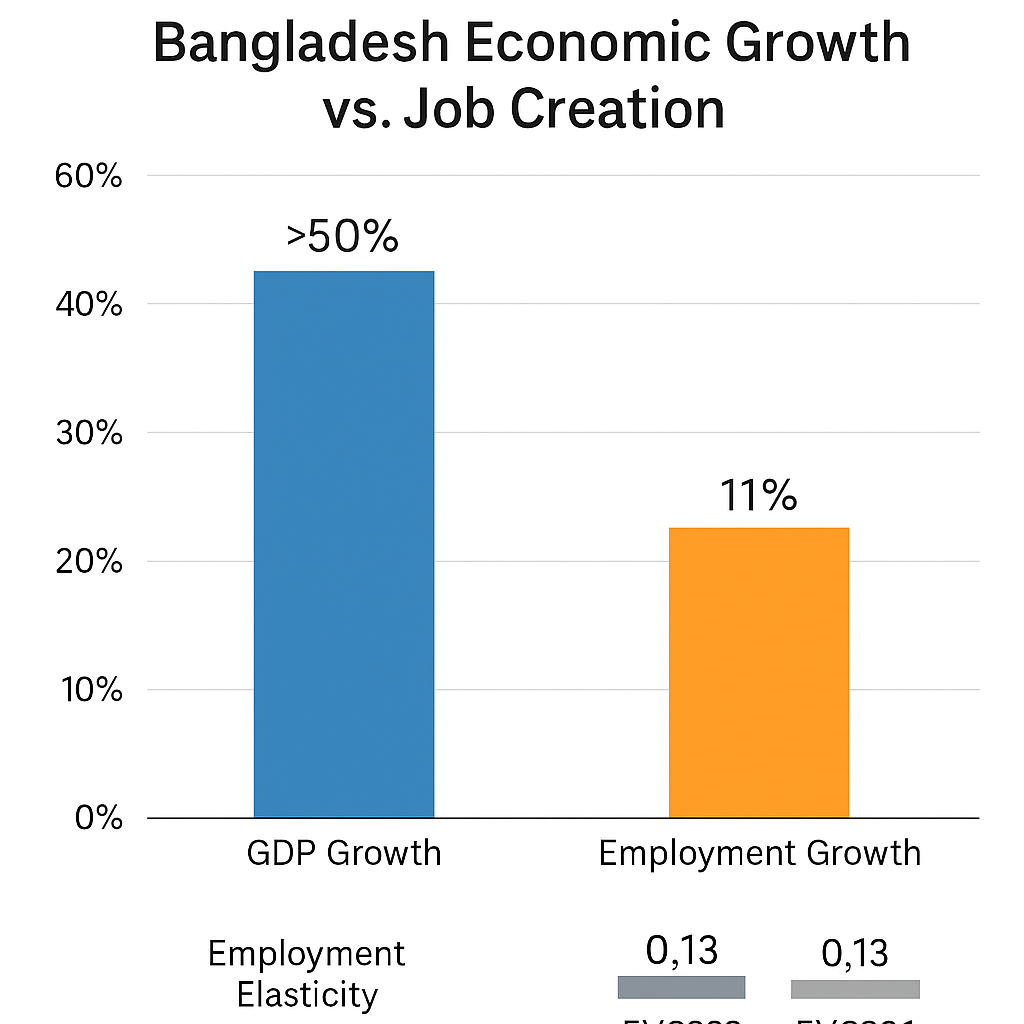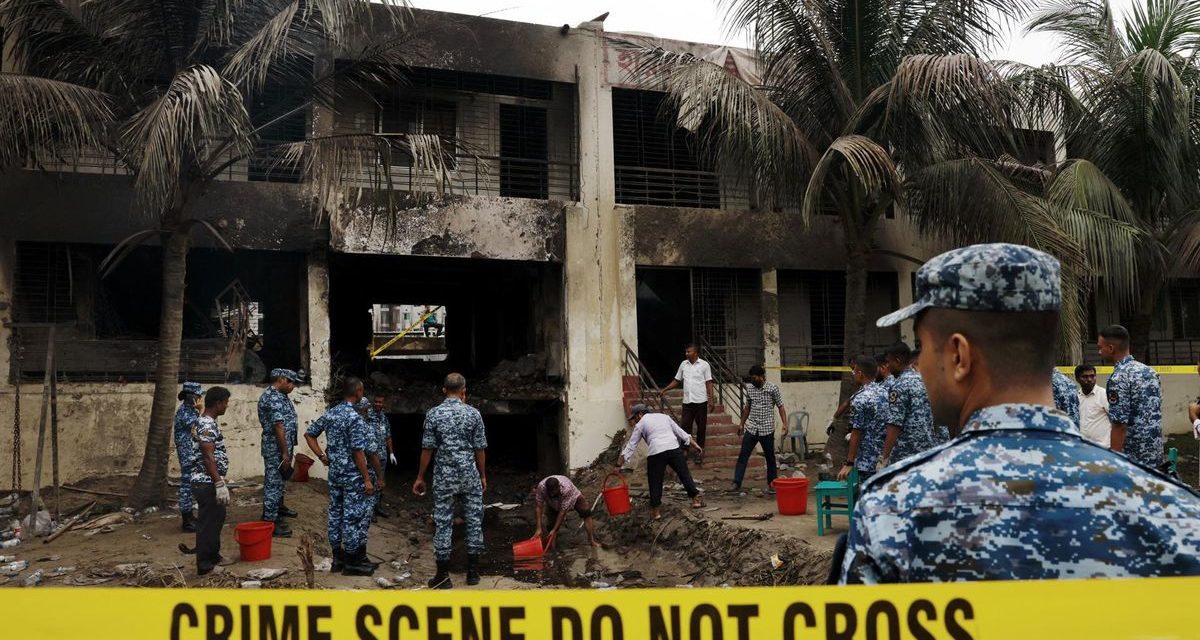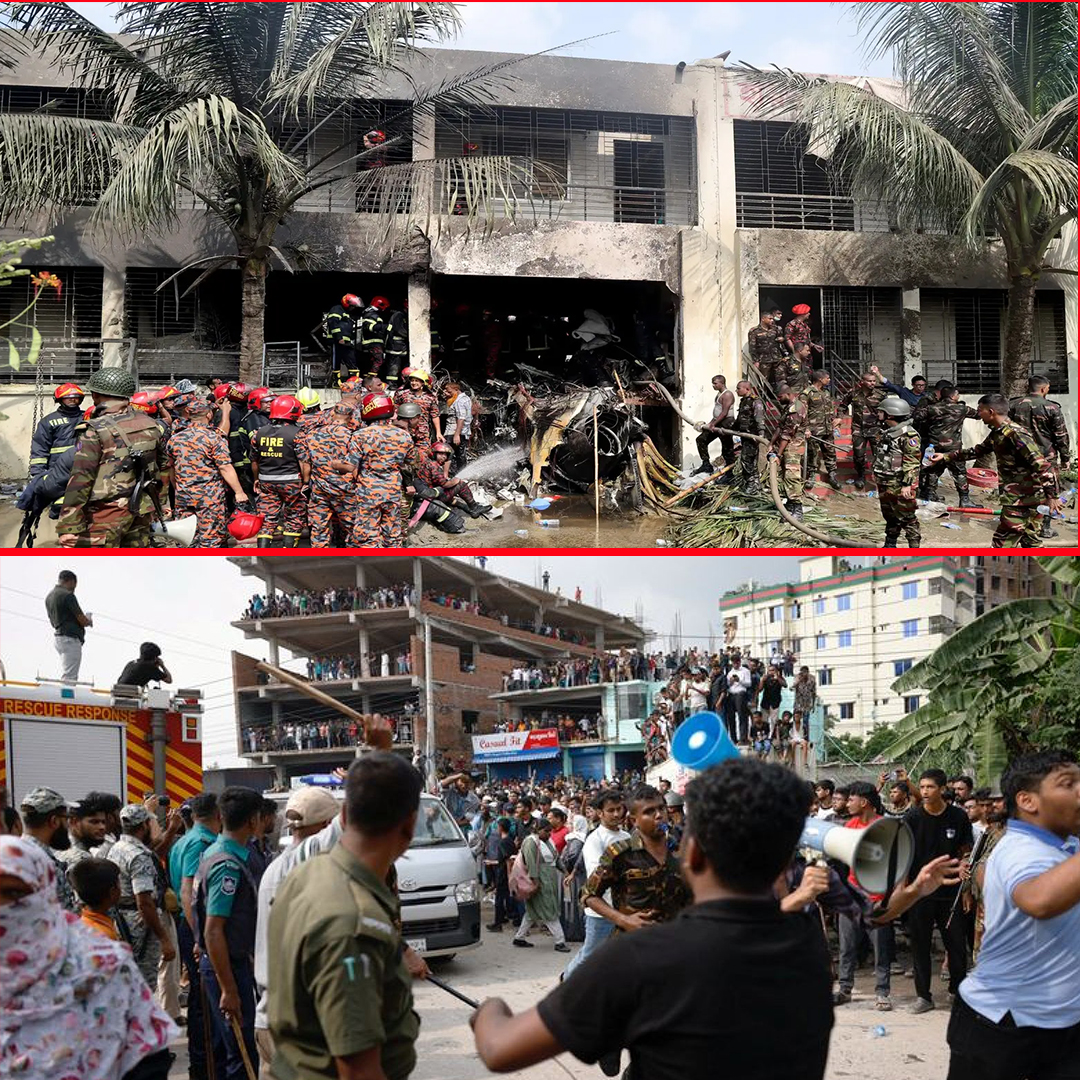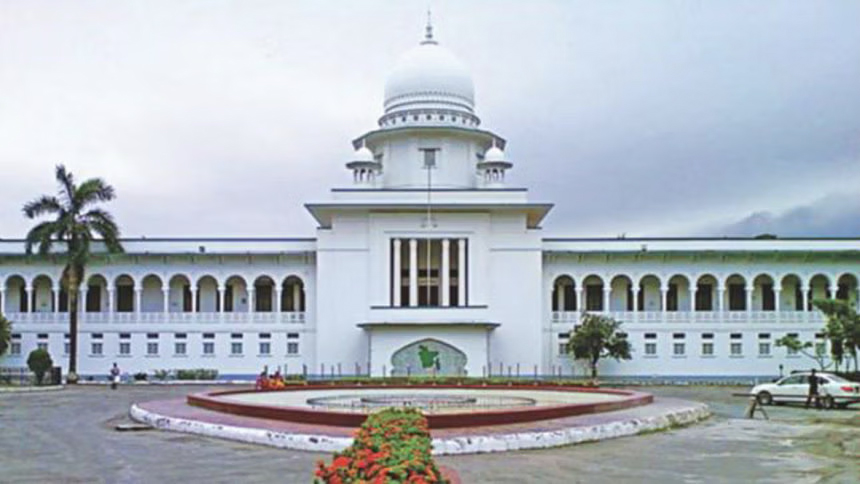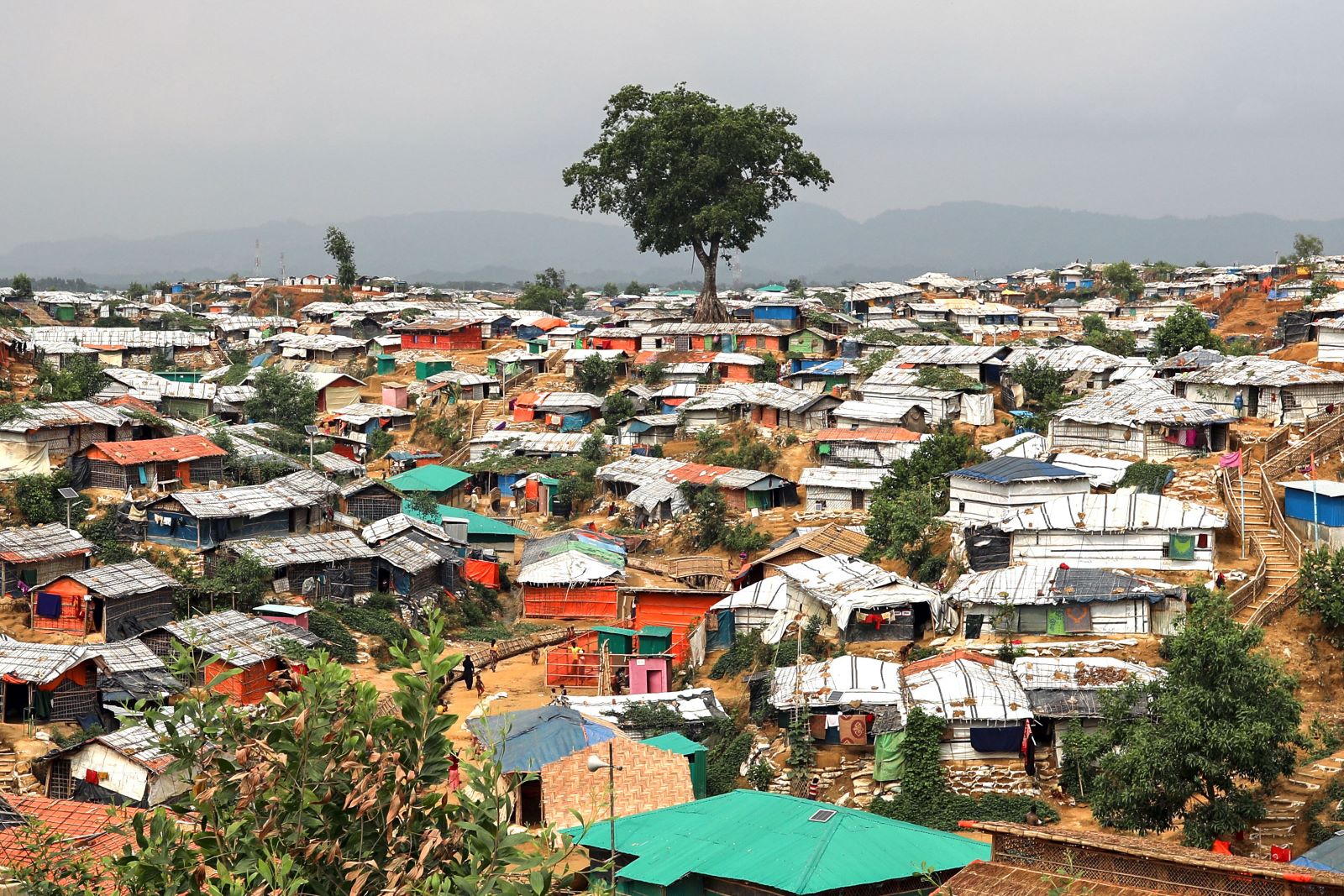
Humanitarian Efforts Crippled as Donor Support Dwindles
Cox’s Bazar, Bangladesh – June 2025: A severe funding shortage has cast a shadow over the lives of more than one million Rohingya refugees in Bangladesh. As aid dwindles, basic humanitarian services like healthcare, food, education, and family planning are being cut or discontinued altogether, threatening to create a worsening crisis in the world’s largest refugee settlement.
The Joint Response Plan (JRP) for the year 2025—launched by the United Nations and its partners—requires $934 million to support the critical needs of 1.5 million people, including over 1.2 million Rohingya refugees and about 300,000 vulnerable locals in the Cox’s Bazar region. However, as of May, only 19 percent of that funding has been secured. Aid officials are now sounding the alarm about an unfolding humanitarian catastrophe if urgent action is not taken.
US Aid Cuts Trigger Domino Effect
The dramatic shortfall has been largely driven by a sharp cut in international assistance, especially from the United States. Earlier this year, the U.S. administration announced a sweeping reduction in foreign aid under USAID contracts, eliminating more than $60 billion in funding globally. For Bangladesh, this meant the abrupt cancellation of several critical aid programs that had been sustaining the Rohingya community since the mass exodus from Myanmar in 2017.
Among the affected services are sexual and reproductive health programs, nutrition initiatives, immunization drives, and education support. Family planning services alone saw a dramatic decrease in outreach. According to data from the Cox’s Bazar District Family Planning Office, more than 20,000 women received oral contraceptives in February. By April, that number had dropped by half.
Healthcare workers in the refugee camps report growing concerns over a rise in unplanned pregnancies and maternal health risks. Many organizations operating on the ground, including international NGOs and local partners, are now being forced to suspend services or reduce staff due to the budget crunch.
Critical Services Under Threat
The UNHCR, WFP, and other major humanitarian agencies have had to make painful decisions. Food rations for Rohingyas had already been reduced twice over the past year—from $12 to $8 per person per month. Now, without additional funds, agencies warn that food distribution could be reduced further or even halted in some zones.
“Basic services like food, healthcare, and education are being scaled back due to lack of funding,” said a UN official coordinating efforts in Cox’s Bazar. “We are doing our best, but the needs are massive, and the resources are simply not coming through.”
Education, another lifeline for Rohingya children in the camps, is also at risk. Learning centers run by UNICEF and other agencies may have to shut down or limit class sizes, potentially disrupting the education of thousands of children who already face limited prospects for formal schooling.
Host Community Also Affected
The funding gap is also affecting host communities in Ukhiya and Teknaf, who have been living alongside the refugee population for years. These communities, already burdened by poverty, benefited from joint aid programs intended to reduce tensions and promote social cohesion. With aid being scaled back, local leaders fear growing resentment and instability.
“People here are patient and kind, but they are also poor,” said Mohammad Abdur Rahim, a local schoolteacher. “When support to both refugees and locals gets cut, it creates competition over scarce resources. That can lead to conflict.”
Worsening Situation in Myanmar Complicates Repatriation
Meanwhile, the situation in Myanmar’s Rakhine State—home to the Rohingyas—remains tense and violent. Armed conflict between the Myanmar military and the Arakan Army has intensified, leaving little hope for voluntary, safe, and dignified repatriation any time soon.
As a result, Bangladesh continues to shoulder the responsibility of sheltering nearly 1 million stateless people with no long-term solution in sight. With new arrivals crossing the border to escape the fighting in Myanmar, the pressure on Bangladesh’s resources and infrastructure continues to grow.
Calls for Urgent International Response
UN agencies and humanitarian organizations are urgently calling on donor countries to step up and fill the funding gap. In previous years, donor countries provided up to 68 percent of requested funds. This year, officials worry that even 50 percent may not be reached.
“The Rohingya crisis is not just Bangladesh’s problem. It is a global responsibility,” said a spokesperson for the UN Office for the Coordination of Humanitarian Affairs (OCHA). “We need international solidarity to ensure that the basic rights and dignity of the Rohingya people are upheld.”
The UN has scheduled a donor meeting for later this year, hoping to galvanize support before conditions deteriorate further. However, aid workers fear that unless action is taken immediately, irreversible damage could occur—especially to the health and well-being of women and children.
A Humanitarian Crisis at a Tipping Point
Now into its eighth year, the Rohingya crisis shows no signs of resolution. With hopes of repatriation dimmed and global attention shifting elsewhere, aid for the refugees has become increasingly difficult to sustain.
Yet the needs remain urgent and undeniable. Without swift action to close the funding gap, more lives will be put at risk. The international community must act decisively to prevent a deepening humanitarian disaster in Cox’s Bazar.

